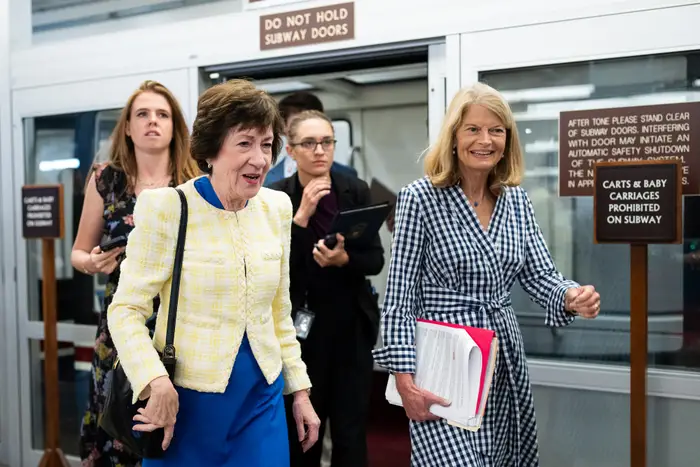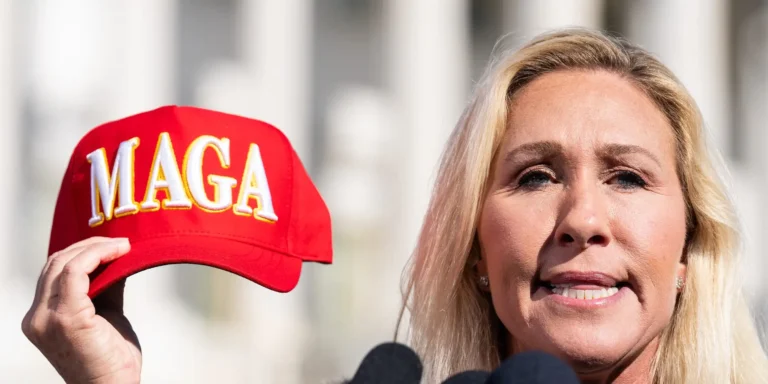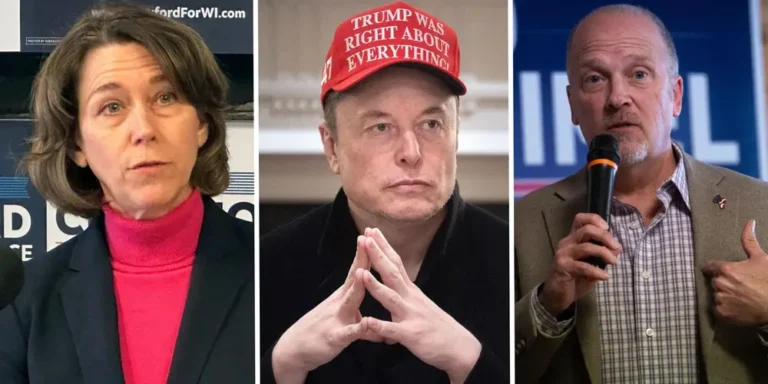JD Vance tried to be a VC. He didn’t do much, old colleagues said.

Sen. JD Vance of Ohio at the Capitol on February 7.
Donald Trump’s vice-presidential pick, JD Vance, has a background in venture capital.
But his former colleagues previously told B-17 in a 2021 report that his business expertise wasn’t that noteworthy.
In making his running-mate announcement, Trump wrote on Truth Social that Vance “has had a very successful business career in Technology and Finance.” But as B-17 previously reported, it’s unclear what impact Vance had in the VC world.
Vance, the first-time senator from Ohio perhaps most famous for his hit 2016 memoir “Hillbilly Elegy,” got his start in venture capital just two months before his book came out, moving to San Francisco to join the Peter Thiel-backed VC firm Mithril Capital.
Vance’s former coworkers previously told us that Vance was away from his new job much of the time to promote his book.
“It never seemed like he was even working,” one former coworker told us. “It felt like his full-time job was the book.”
Vance himself acknowledged his lackluster contribution, saying in an interview at the time: “How useful I’ve been on that front is probably debatable.” And by the time Vance left the firm, less a year after he started, coworkers said he hadn’t closed a single deal.
At the time, Vance’s senate campaign team didn’t respond to questions about how Vance would manage his money as a senator and didn’t make Vance available for an interview.
After Vance was chosen as Trump’s running mate, B-17 reached out to him again. Vance’s senatorial office didn’t respond and emails to his campaign and his personal website weren’t answered.
Trump’s campaign also didn’t respond to a request for comment about how Vance’s old colleagues characterized his VC work.
Vance saw a bit more success working at Steven Case’s VC firm, Revolution, where he focused on investing in tech startups through the Rise of the Rest fund.
There, Vance’s networking skills helped him secure a number of deals in fields like military tech and artificial intelligence. But one investor who met with Vance said he was skeptical of what Vance brought to the table, telling B-17, “I don’t recall anyone at Rise of the Rest bragging about something JD Vance brought to the fund.”
Vance’s time at Revolution did provide him with the connections needed to go off and start his own VC firm, Narya Capital, in 2019. But what exactly that firm has achieved is open to interpretation.
In 2021, B-17 reported that Narya only had five investments, just one of which was in Ohio, the state Vance had pledged to help. And more than a year later, Politico reported that Narya had four employees, including Vance. The 750 jobs that Narya claimed to have created in Ohio that year were established by a group of 46 firms together, not just Narya alone, Politico reported.
When Vance first started running for the Senate, one VC expert cast doubt on Vance’s self-proclaimed business acumen.
“There are a thousand red flags,” Jeff Sohl, the director of the University of New Hampshire’s Center for Venture Research, previously told B-17. “You’re either going to be a really great VC and a bad senator or a bad VC and a great senator. Or what will likely happen is you’re worse at both because you can’t do both jobs.”
Vance’s VC dreams may need to take a back seat to a new aspiration: reaching the White House with Donald Trump.






